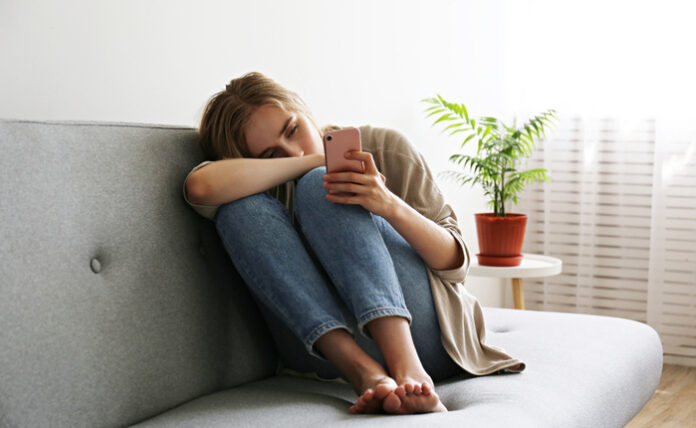New research efforts are making another expedition into whether smartphone tracking activity can assess people’s vulnerability to depression.
It’s undoubtedly a condition affecting many Americans. Now, researchers at UCLA in conjunction with Biogen and Apple are looking at a survey of 20,000 people over two years that would involve tracking with video camera, keyboard, sensors and Apple Watch, as well as taking in vital data. A future technology would evaluate sleep patterns and typing behavior to try to isolate individuals who may be depressed.
In the research study, subjects will fill out a questionnaire and provide hair samples in a project code named “Seabreeze.”
This is not the first investigation into this type of diagnosis software.
“Using wristbands, apps, and other digital wearables to predict negative moods—depression, post-traumatic stress disorder, or suicide—is one of the fastest burgeoning efforts in consumer health science,” writes Shelly Fan at SingularityHub, in a story about similar project goals on the part of Verily. “’Mood forecasting’ hopes to bring old-school questionnaires into the new decade. By continuously tracking data from individual patients, the reasoning goes, it will be possible to understand mental illness across timespans and treatments, and one day predict episodes of sadness before symptoms arrive.”
Another study detailed in Scientific American suggested that apps could use the “Hamilton scale,” a clinical marker for depression, in diagnosis.
Still, some have reservations.
“Usually, depression is diagnosed by a physician based on symptoms, a physical examination, past medical history, and standardized questionnaires,” writes Dr. Catherine Schuster-Bruce at Business Insider. “The Apple device hasn’t before been used to detect health conditions in this way, and even if the technology did work, there are ethical questions about detecting mental health conditions without professional support. Privacy will be another factor.”
The fascinating question of whether smartphones can detect our moods is one that may have some impact on markets, so keep tabs on this evolving phenomenon.










